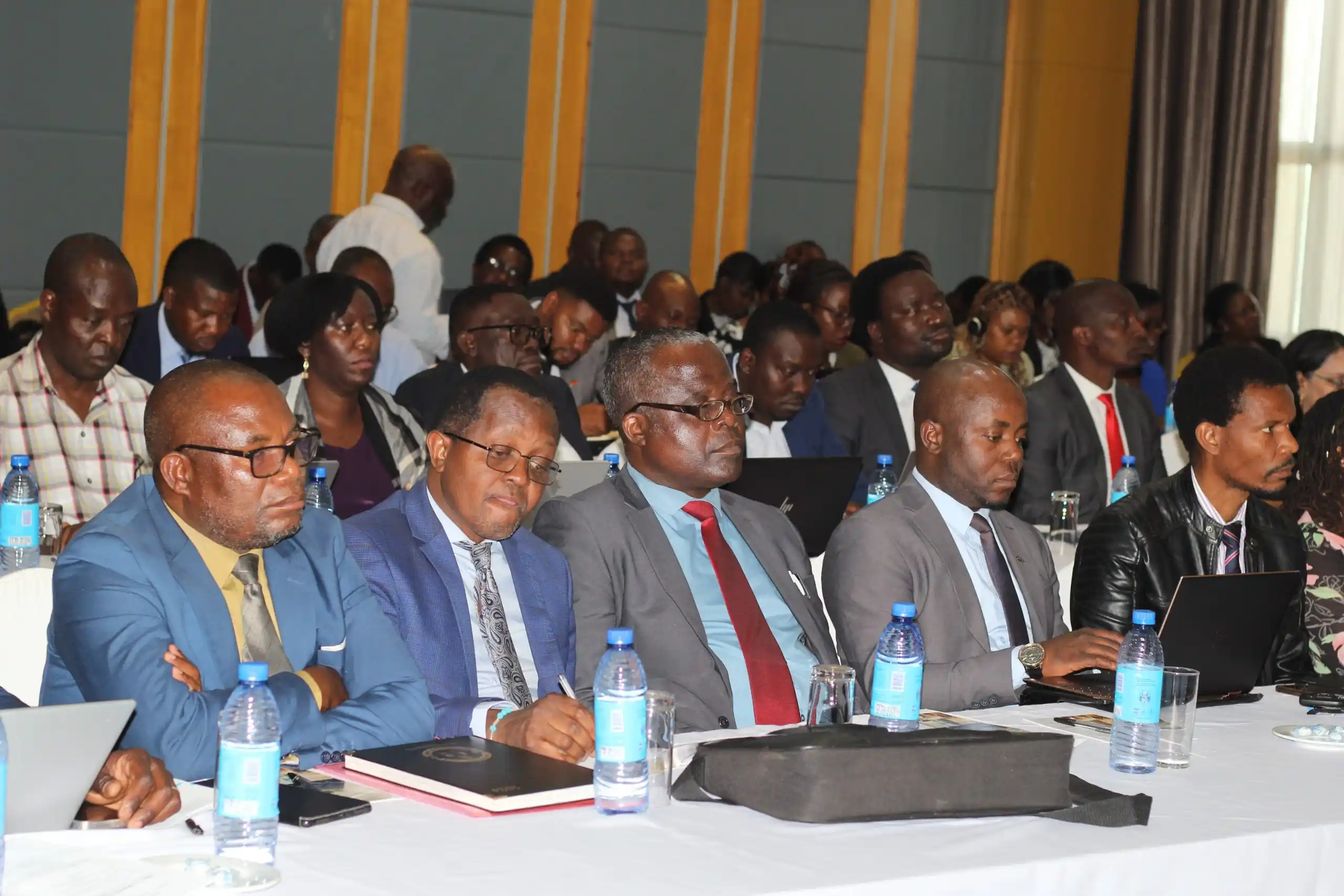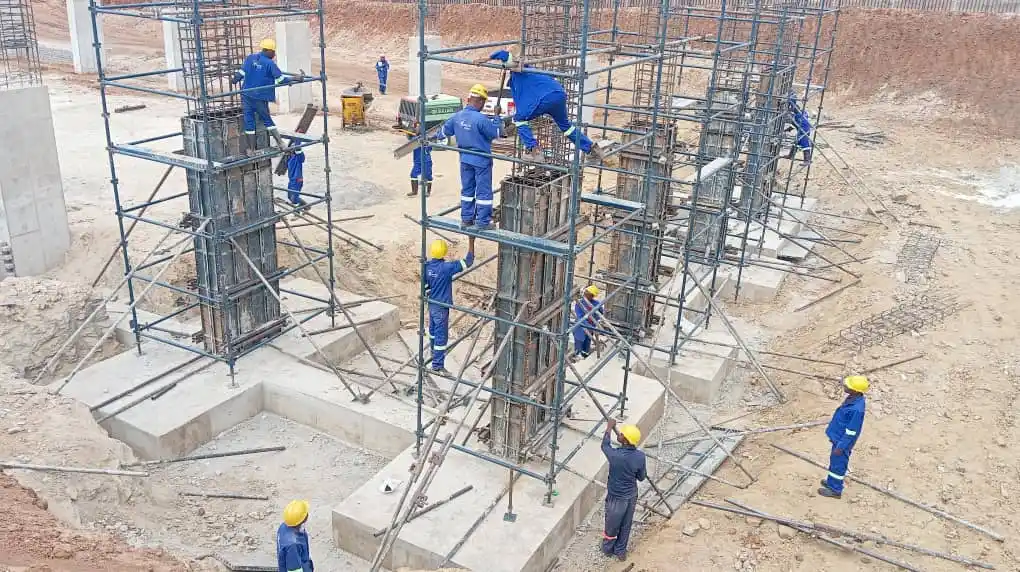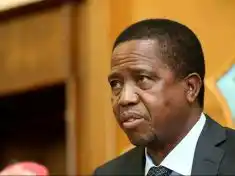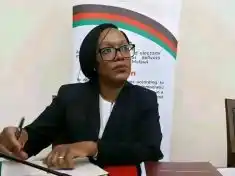
The World Bank Group has reported that nearly half of its financed projects in Malawi have requested extensions for completion.
The situation has been attributed to climate shocks the country has faced, along with challenges in project management and policy-related issues that have impeded progress.

The bank is currently overseeing thirty projects, of which 21 are national and the remaining nine are regional, with five projects scheduled to close in December 2024.
This announcement was made during the opening of a three-day Country Performance Portfolio Review meeting in Lilongwe.
Esther Lozo, an operations analyst at the bank, said that the World Bank’s International Development Association has delivered a total of $1.3 billion for Malawi for the 2023-2025 financial cycle, benefiting both national and regional projects.
Of this amount, $729.3 million is designated for performance-based allocations, while $275 million and $239 million are allocated for the Regional Window and Crisis Response Window, respectively.
However, two major projects—the Shire Valley Transformation and the Southern Africa Trade and Connectivity (SATC) Project —are facing risks due to implementation challenges.
In an interview with MIJ Online, Firas Raad, the World Bank Country Manager, said that such situations are common when managing a large portfolio of projects across various development sectors and indicate that projects are being restructured.
“This is a normal state of affairs when you have a large portfolio of projects across many different development sectors and it’s a healthy sign of projects being restructured” said Raad.
He explained that extensions for project completion show that the teams responsible for implementation are adjusting to ongoing challenges in Malawi.
Meanwhile, Colleen Zamba, Secretary to the Office of the President and Cabinet, has urged the World Bank to align its operations more closely with the Malawian government to tackle the obstacles faced by these projects.
Zamba said, “While Malawi benefits greatly from World Bank funding and support from other development partners, we sometimes struggle to fully absorb these resources. Challenges related to project management and policy issues have hindered progress.
During this CPPR, we will examine these challenges and seek realistic, actionable solutions within a clear timeframe.”
She also emphasized the government’s commitment to managing and utilizing project resources responsibly, ensuring they serve their intended purposes.








0 Comments